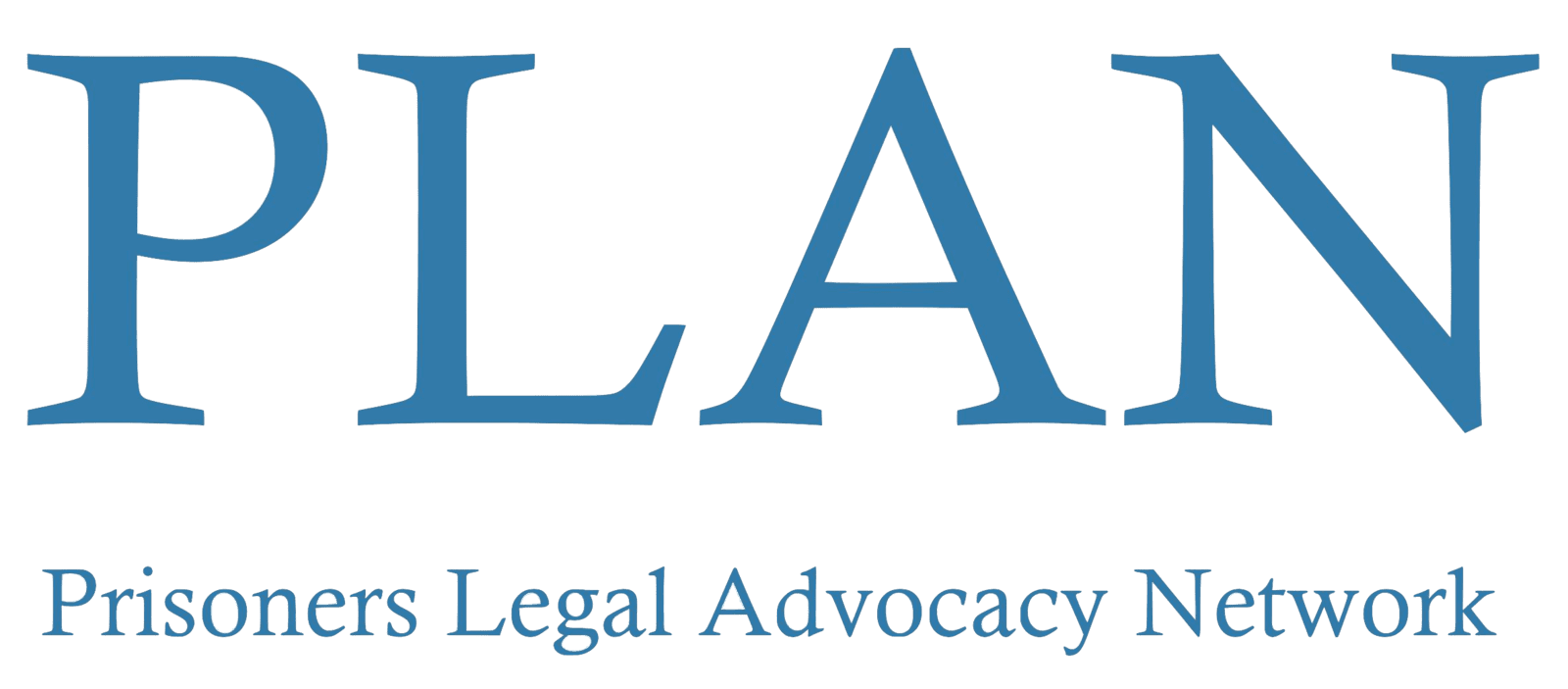DIGNITY DEFENDERS LEGAL ADVOCACY PROGRAM
PLAN challenges unconstitutional and dignity-denying conditions of confinement in U.S. adult prisons and jails by providing direct legal advocacy and working to forge new precedent in the area of dignity rights law.
Legal Services & Support For Incarcerated Individuals
PLAN provides direct advocacy and other legal services and support to incarcerated individuals who are challenging unconstitutional or dignity-denying conditions of confinement in U.S. adult prisons and jails. In some cases, PLAN convenes legal response teams to investigate prisoners' allegations regarding their conditions and provide legal advocacy to seek corrective action. In others, PLAN may develop or provide legal resource materials that are responsive to presenting issues to aid jailhouse lawyers, prison paralegals, or pro se litigants in their advocacy efforts.
Impact Achieved By Past PLAN Initiatives
PLAN’s legal advocacy achieves favorable outcomes for incarcerated individuals and raises public awareness of unconstitutional and dignity-denying conditions in U.S. prisons and jails. PLAN’s advocacy has been featured in The Nation, PBS NewsHour, Slate, CNN, and in a number of other national and local news outlets. PLAN also presents Continuing Legal Education programs for members of the prisoners’ rights bar and delivers presentations at academic and other conferences.
Pro Bono Opportunities: Become A Dignity Defender
Attorneys, paralegals, and investigators who would like to learn more about pro bono opportunities for practitioners in the Dignity Defenders Legal Advocacy Program may contact PLAN Supervising Attorney Stanley Holdorf.
© 2016-2022 Prisoners Legal Advocacy Network
PLAN ♦ 244 5th Avenue ♦ Suite 2517 ♦ New York, NY 10001
+1-833-654-PLAN
